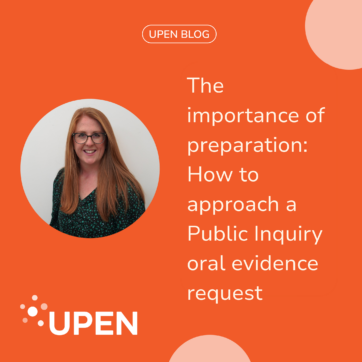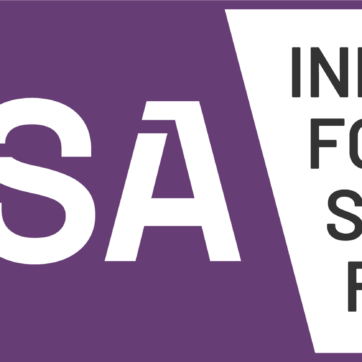The most valuable asset of any project is its people. This principle guides collaborative engagements. Our aim is to build partnerships and projects that benefit each party involved and produce observable and sustainable impact in our communities. In the following sections we explore potential issues and solutions to building successful collaborations.
Academics, local authorities and business leaders are under pressure to demonstrate the impact of their activities, so partnerships across disciplines and institutions are becoming an increasingly common occurrence. The collaborative process can be as challenging as it can be rewarding.
The first step in establishing effective partnerships is to create open communication channels. These channels are essential for reaching a consensus on project aims, outputs, and expectations. It is important to be generous with time, to listen to partners’ opinions and concerns, as it gives partners confidence and comfort to proceed with collaboration.
The next step is to co-design and co-conceptualise objectives. Such an understanding can help partners align disparate objectives to ensure each partner can benefit from the collaborative work.
Finally, partners need to develop and agree a plan of action that specifies each partner’s involvement from the beginning. Initial assumptions about partners’ roles can lead to misunderstandings later on if not clarified at the onset.
We have identified three areas that require substantive discussion to effectively engage with potential collaborators: Data, Knowledge Transfer and Impact.
Data is central to collaboration. We develop data collection and exploration protocols with partners. Collecting, storing, using and sharing the data is defined in the collaboration and typically requires a data sharing agreement. While many organisations have a clear set of rules surrounding data usage, the practical and project-specific issues need to be agreed in detail throughout the project duration. When faced with integrating data across systems, we provide training in data standardisation and management, and define clearly the purpose and usage of the information collected. Often this process involves promoting the benefits of data collection and usage to stakeholders, including researchers, service providers and service users.
Data connects these stakeholders and facilitates knowledge transfer, which is essential for building successful collaboration. Though a benefit of collaborative partnerships is that they connect professionals with diverse skills, knowledge and experiences, differences among these groups can present challenges. Collaborative engagement requires stakeholders to understand and respect each other’s roles and expertise, which we try to do, in part, by learning the language particularities and methodologies of partner organisations. Local government partners appreciate efforts to make academic topics and tools accessible, relatable and practical to implement. It is important to ensure that each partner feels their contributions are complementary rather than competing.
For organisations engaging in collaboration, having impact on partner organisations is crucial to the overall collaborative effort. Responsibilities of an academic researcher include education and research, whilst local authorities and private sector organisations are primarily focused on service provision and response. Institutional responsibilities constrain the types of activities each stakeholder can undertake. Partnerships based on a mutual agreement and understanding of goals, methodologies and outcomes result in a supportive and inclusive working environment where each partner can positively influence the other.
Private, public sector and academic institutions are seeking to combine skills and resources to address local and global challenges. We encourage and support those who develop interventions and research frameworks that have a potential to change their communities for better.
Dr Gina Yannitell Reinhardt is a Senior Lecturer/Associate Professor in the Department of Government at the University of Essex. She has founded the Global South Academic Network GSAN), the Disaster and Emergency Research Network ( DERN), and the Advancing Resilience and Innovation for Sustainable Ecosystems (ARISE) Initiative, all devoted to forging collaborations between researchers and practitioners with common interests.
Dr Dragana Vidovic is a Research Officer and a Fixed Term Teacher at the University of Essex. As a Research Officer with the Impact Team, Catalyst Project, she monitors team’s impact activities and community engagement. She works in the filed of protest studies, identify politics and government responsiveness to socio-political events. Further details and publications can be found by visiting her Essex profile.
Authors: Dr Gina Yannitell Reinhardt, Senior Lecturer/Associate Professor in the Department of Government, University of Essex and Dr Dragana Vidovic, Research Officer and a Fixed Term Teacher, University of Essex


